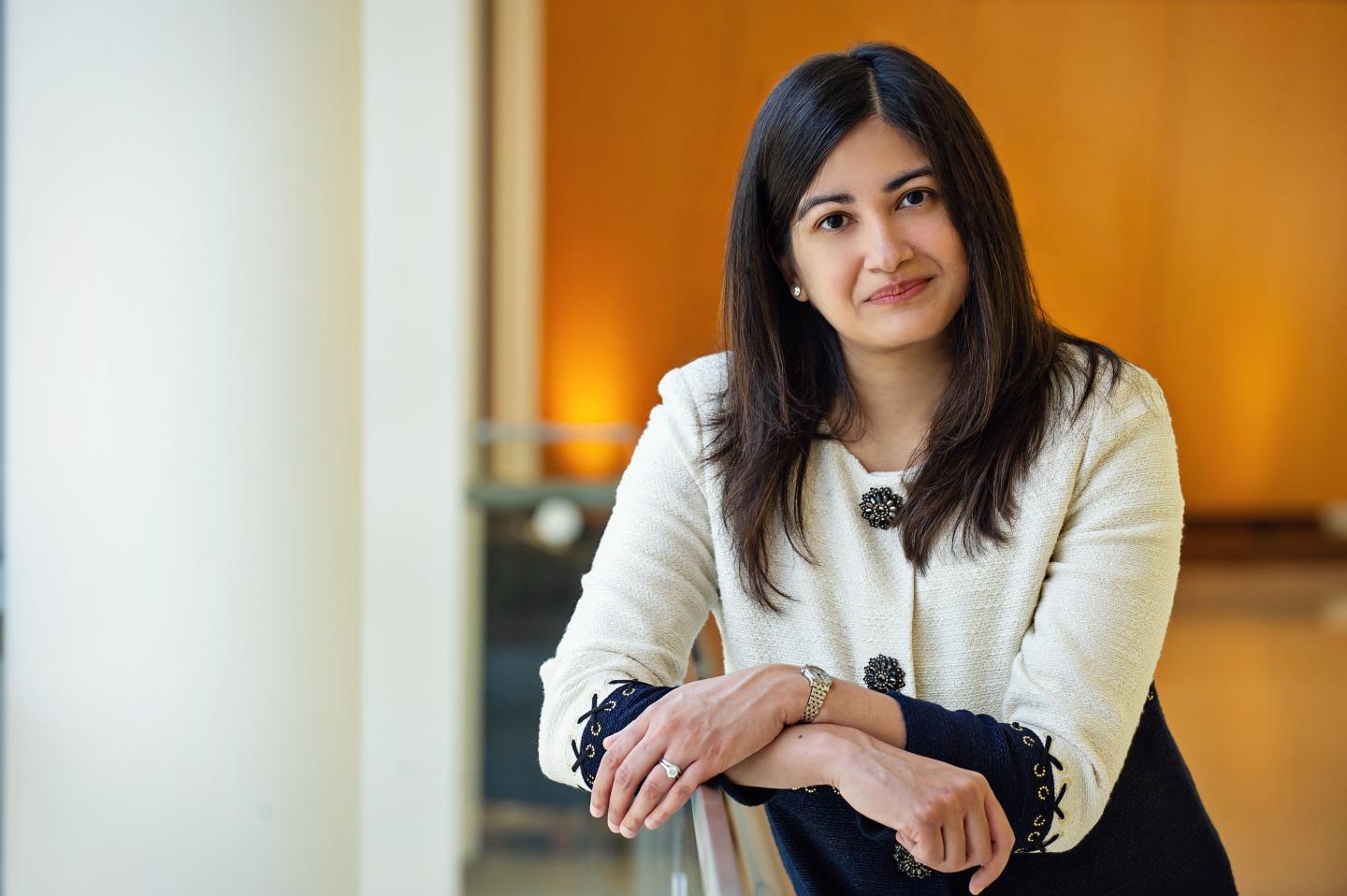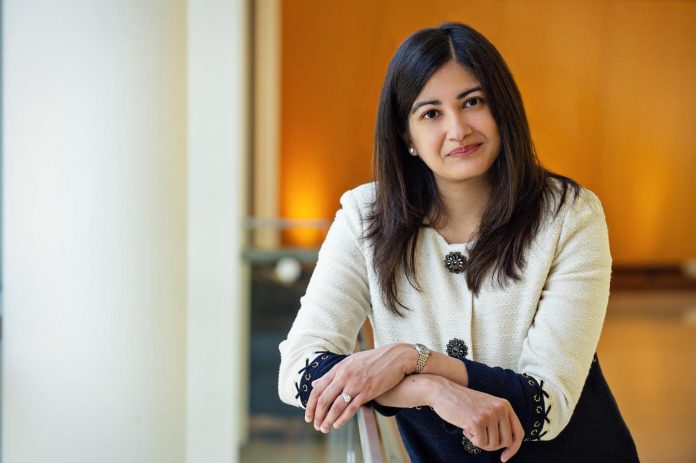
IMAGE: Reshma Jagsi, M.D., D.Phil.
view more
Credit: Michigan Medicine
ANN ARBOR, Michigan — A new study finds that fewer women were first authors on COVID-19-related research papers published in the first half of this year. The difference was particularly striking during the first two months of the pandemic when schools closed and researchers were told to work remotely.
The findings suggest a worsening gender gap in academic medicine as previous research has shown women are underrepresented among authors of medical research. Other studies have shown female physician-scientists spend more time than their male colleagues on domestic tasks. Women are also more likely to serve on clinical and education tracks that were also upended when the pandemic struck.
“The coronavirus pandemic may be creating even greater challenges than before for women in academic medicine,” says study author Reshma Jagsi, M.D., D.Phil., director of the Center for Bioethics and Social Sciences in Medicine at the University of Michigan. “We suspect school closures, limited child care and work-related service demands might have taken the greatest toll on early career women, especially during the height of the disruptions.”
Researchers looked at 1,893 articles related to COVID-19 published between January and June whose first or last author had a U.S. affiliation. They compared that to 85,373 papers published in the same journals in 2019.
They found the share of women first authors dropped 14% for COVID-19 papers compared to papers published in 2019. They found the differences were most striking in March and April to compared to May. Looking only at March and April publications, the share of women first authors was 23% lower than for 2019 papers. Results were published in the journal eLife.
While the study does not assess the reasons for this drop, the authors suggest that during the initial shutdown and strict social distancing guidelines, women likely took on a greater share of child care and other domestic responsibilities, while also juggling major changes to their duties as educators and physicians.
“We know that diverse teams are important for solving complex problems like those related to COVID-19,” Jagsi says. “It’s critical in this time of crisis that we have policies that support the full inclusion of diverse scholars, including transforming attitudes about domestic expectations for women and resources to support all those balancing great demands both at home and at work.”
###
Additional authors: Jens Peter Andersen, Mathias Wullum Nielsen, Nicole L. Simone, Resa E. Lewiss
Funding: None
Disclosure: None
Reference: eLife, DOI: 10.7554/eLife.58807
Resources:
University of Michigan Rogel Cancer Center, http://www.
Michigan Health Lab, http://www.
Michigan Medicine Cancer AnswerLine, 800-865-1125
TDnews















